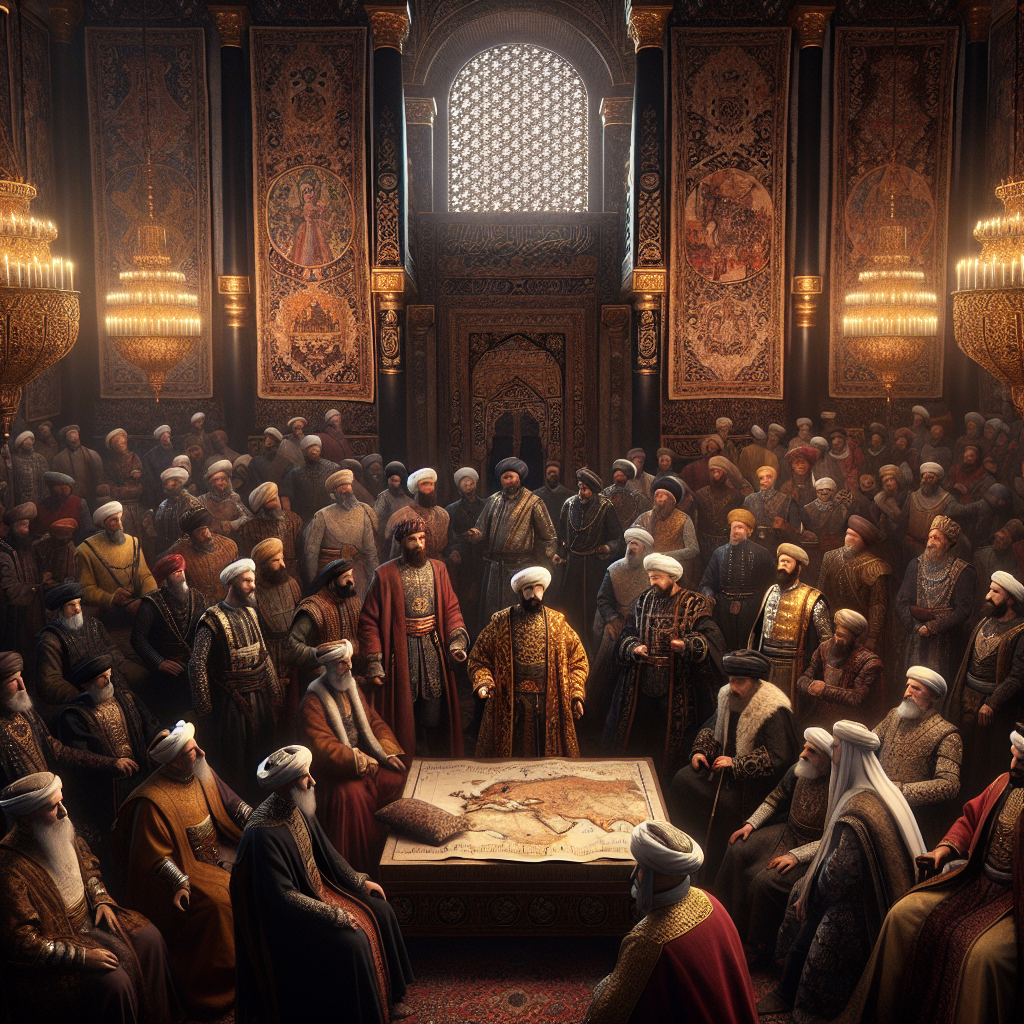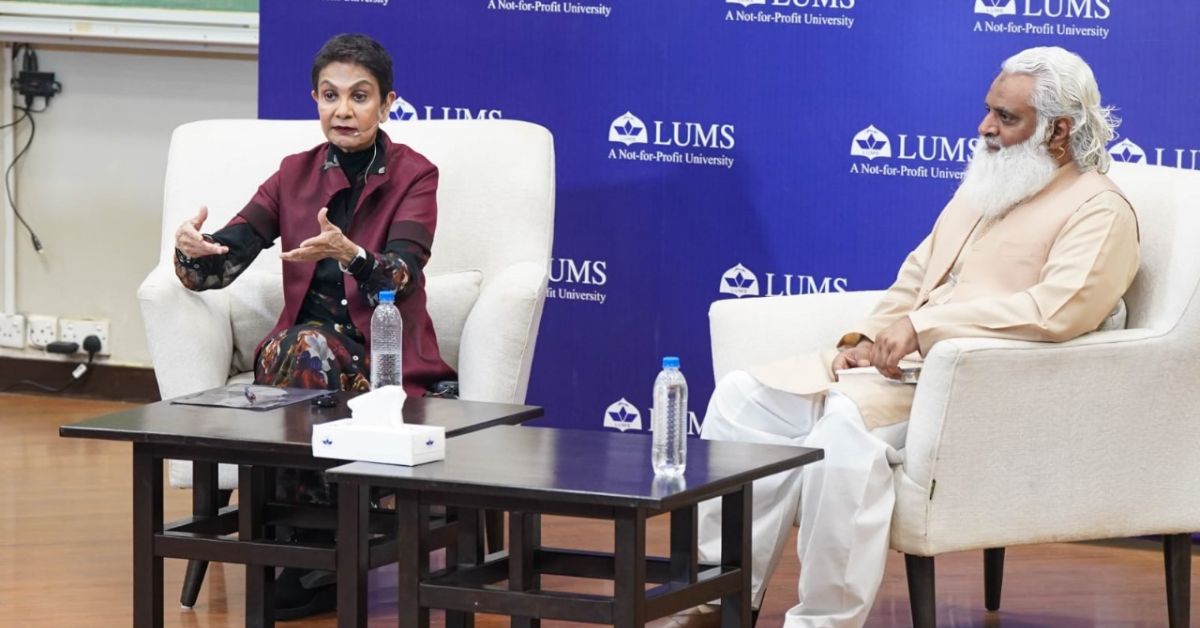In the annals of history, Osman Ghazi stands as a towering figure whose diplomatic acumen was as pivotal as his martial exploits. An adept strategist and visionary leader, Osman established the foundations of the Ottoman Empire, laying the groundwork for a dynasty that would last for centuries. While renowned for his military prowess, Osman understood that swords alone could not forge an enduring empire. Instead, he deftly wielded diplomacy, alliances, and strategic marriages to expand and solidify Ottoman power. This blog post will unravel Osman Ghazi’s diplomatic strategies, revealing how these alliances and unions were instrumental in the rise of the Ottoman Empire.
Osman Ghazi: Architect of an Empire
Osman Ghazi, often hailed as the founding father of the Ottoman Empire, rose from humble beginnings as a tribal leader in 13th-century Anatolia. Under his leadership, a small beylik transformed into a burgeoning empire that would stretch across continents. His reign was marked by shrewd decision-making and strategic planning, both on and off the battlefield. Osman’s ability to forge alliances and secure influential marriages played a crucial role in his empire-building endeavors.
Diplomacy was more than a tool for Osman; it was a fundamental pillar of his leadership philosophy. Recognizing the volatile political landscape of 13th-century Anatolia, Osman saw the importance of forging connections with neighboring tribes, local rulers, and even former adversaries. These alliances were not merely temporary arrangements but strategic moves that ensured the stability and growth of his fledgling empire.
The Political Landscape of 13th-Century Anatolia
13th-century Anatolia was a patchwork of competing powers and factions, a land teetering on the brink of chaos. The collapse of the Seljuk Sultanate had left a power vacuum, leading to the rise of numerous beyliks, each vying for dominance. Meanwhile, the Byzantine Empire was in decline, grappling with internal strife and external threats. In such a fragmented political environment, strategic alliances were not just beneficial but essential for survival.
Local rulers held sway over their territories, often acting autonomously. To unite these diverse factions under one banner required tactical brilliance and diplomatic finesse. Osman Ghazi understood that forging alliances with influential leaders could provide the support and legitimacy needed to consolidate power. Thus, he embarked on a path of strategic marriages and alliances that would lay the foundation for the Ottoman Empire’s ascendancy.
Strategic Marriages
Marriage to Malhun Hatun
Osman’s marriage to Malhun Hatun, the daughter of Sheikh Edebali, a revered religious leader, was a masterstroke of diplomacy. This union was not merely a personal alliance but a strategic maneuver that aligned Osman with influential Islamic scholars and the Sufi network. Sheikh Edebali’s support lent religious credibility and moral authority to Osman’s cause.
The marriage also strengthened Osman’s ties to the burgeoning Islamic community in Anatolia. It enabled him to garner support from influential religious leaders who wielded significant influence over their followers. By aligning himself with Sheikh Edebali, Osman could tap into these networks, uniting disparate tribes and communities under the banner of a common faith.
Marriage to Bala Hatun
Another significant union was Osman’s marriage to Bala Hatun, the daughter of a powerful Anatolian lord. This marriage extended Osman’s influence into new territories and opened doors to alliances with other influential tribal leaders. By marrying into prominent families, Osman cemented alliances that would prove invaluable in times of conflict.
These marriages were not just ceremonies of love; they were strategic alliances that bound families together with shared interests and mutual support. Through these unions, Osman fortified his position, creating a network of allies who would stand with him in both prosperity and adversity.
Alliances with Other Turkic Tribes
Osman’s diplomatic genius extended beyond marriages. He actively sought alliances with neighboring Turkic tribes, such as the Germiyanids and the Karesi Beylik. These alliances bolstered his military force, providing him with additional troops and resources for his campaigns. The cooperation between tribes enhanced Osman’s ability to project power and assert his influence across Anatolia.
Through diplomacy, Osman managed to avoid unnecessary conflicts that could drain resources and energy. Instead, he focused on forging partnerships that would strengthen his position. These alliances allowed him to consolidate power, providing a united front against external threats and expanding his territorial ambitions.
Diplomatic Relations with the Byzantine Empire
While the Byzantine Empire was in decline, it still posed a formidable challenge to Osman Ghazi’s ambitions. Rather than engaging in constant conflict, Osman employed diplomacy to establish temporary truces and agreements with local Byzantine lords. These deals allowed him to gain territorial advantages without resorting to prolonged warfare.
Osman’s diplomatic approach to the Byzantine Empire demonstrated his willingness to employ pragmatism over confrontation. By securing strategic footholds in Byzantine-controlled territories, particularly in Bithynia, Osman expanded his influence and set the stage for future conquests. His ability to balance diplomacy with military strategy was a hallmark of his leadership.
The Role of Religion in Diplomacy
Religion played a central role in Osman’s diplomatic efforts, shaping his interactions and strategic decisions. His close ties to Islamic leaders, such as Sheikh Edebali, underscored the influence of Islamic values and Sufi principles on his diplomatic strategy. These relationships provided Osman with religious legitimacy and support from Muslim communities.
Osman skillfully used religion as a unifying force, fostering a sense of shared identity and purpose among Turkic tribes and Muslim communities. By presenting himself as a defender of the faith, Osman garnered widespread support, rallying diverse groups to his cause. This religious cohesion was instrumental in forging alliances and expanding his influence.
The Legacy of Osman Ghazi’s Diplomacy
Osman Ghazi’s diplomatic strategies laid the groundwork for the future success of the Ottoman Empire. His alliances and marriages provided a stable foundation upon which his successors, particularly Orhan Ghazi, could build. The strategic practices he adopted became integral to the Ottoman approach to governance and expansion.
By balancing military conquest with diplomatic finesse, Osman set a precedent for future Ottoman sultans. His ability to forge alliances, secure marriages, and leverage diplomacy became key components of the empire’s rise to prominence. Osman’s legacy was not only in the lands he conquered but in the enduring strategies he employed to secure those victories.
Conclusion
Osman Ghazi’s diplomatic strategies were instrumental in the rise of the Ottoman Empire. Through alliances, strategic marriages, and diplomatic relations, Osman unified fragmented regions, expanded his influence, and laid the foundations for future success. His ability to balance military might with diplomatic finesse remains a testament to his visionary leadership.
Today, history enthusiasts can reflect on Osman’s legacy and the enduring impact of his diplomacy. The Ottoman Empire’s rise serves as a testament to the power of strategic alliances and the art of negotiation. By understanding Osman’s approach, we gain insights into the complexities and dynamics of empire-building—a lesson that resonates throughout history.
Read More :: Read More Osman Ghazi Blog.
Osman’s Dream: The History of the Ottoman Empire
A books on Osman Ghazi, the Ottoman Empire, and related historical themes available on Amazon that may interest you:
Author: Caroline Finkel
Link: Osman’s Dream










